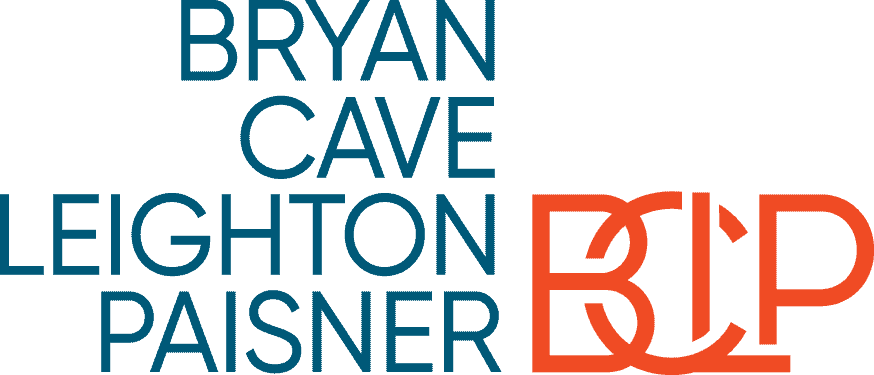
FDIC Lawsuits: Avoiding the Worst Outcome
Brought to you by Bryan Cave Leighton Paisner



 In the wake of over 400 bank failures since the beginning of 2008, the Federal Deposit Insurance Corp. is well underway with its process of seeking recoveries from directors and officers of failed banks who the FDIC believes breached their duties in the course of managing those institutions. As of mid-May 2012, the FDIC had filed lawsuits against almost 30 groups of directors and officers alleging negligence, gross negligence and/or breaches of fiduciary duties. While the litigation filed by the FDIC tends to sensationalize certain actions of the directors and officers in order to better the FDIC’s case, there are lessons to be learned.
In the wake of over 400 bank failures since the beginning of 2008, the Federal Deposit Insurance Corp. is well underway with its process of seeking recoveries from directors and officers of failed banks who the FDIC believes breached their duties in the course of managing those institutions. As of mid-May 2012, the FDIC had filed lawsuits against almost 30 groups of directors and officers alleging negligence, gross negligence and/or breaches of fiduciary duties. While the litigation filed by the FDIC tends to sensationalize certain actions of the directors and officers in order to better the FDIC’s case, there are lessons to be learned.
Some of the take-aways from the FDIC lawsuits are fairly mechanical: carefully underwrite loans, avoid excessive concentrations and manage your bank’s transactions with insiders. However, there are two major themes that are more nuanced and which are present in almost all of the lawsuits. Those themes relate to the loan approval process and director education.
Develop a thoughtful loan approval process. As evidenced by the recent piece published on BankDirector.com, a spirited debate among industry advisors is currently taking place with respect to whether directors should approve loans or not. On the one hand, many attorneys believe directors have a duty to consider and approve (or decline to approve) certain credits that are or would be material to their banks. Regulation O requires approval of certain credits, the laws of some states require approval of some loans, and there is a general feeling among many bank directors that they should be directly involved in the credit approval process. In addition, many bank management teams believe that directors should “buy in” with them to material credit transactions.
On the other hand, the FDIC litigation clearly focuses on loan committee members who approved individual loans that did not perform. This should give pause to directors in general and loan committee members in particular. It is now the belief of many legal practitioners that the practice of approving individual loans when the loans are not otherwise required to be approved by the directors paints a target on the backs of the loan committee members. The FDIC may be able to target directors who participated in the underwriting of a credit (or were deemed to have done so given their involvement in the approval process) when they did not have the expertise necessary to do so. Some practitioners argue that the directors should instead focus on the development and approval of loan policies that place appropriate limits on the types of loans—and the amounts—that the bank is willing to make. This policy would be consistent not only with safe and sound banking principles but also with the board’s risk tolerance, and it would be appropriate to seek guidance from management and outside advisors on the development of the policy. The idea is that it is much more difficult to criticize a policy than an individual credit decision with the benefit of hindsight.
No matter the approach that your board chooses, the common theme is that the board and the loan committee should expect and receive all relevant information from management about material credits. If directors are actually approving loans, they should get detailed information in a timely fashion that allows them to review and approve the underwriting of the credit. If the directors aren’t approving loans, they should still get information that confirms that the loans conform to the bank’s loan policy and the board’s risk appetite.
Directors should be educated and informed. Above all else, the FDIC lawsuits make clear that the bank board is certainly no longer a social club. Bank directors are charged with very real responsibilities and face the very real prospect of personal liability if their banks are not successful. Indeed, being a bank director is a job.
Because the bank’s shareholders and regulators demand that the directors do a job for the bank, the bank should offer appropriate training to do that job well. Bank directors should be offered the opportunity to engage outside consultants to provide training for the directors to develop the skills they need, particularly at the committee level. In addition, directors should attend conferences that allow them to familiarize themselves with industry trends and best practices. We suggest that there is no better expense for the bank than ensuring that its directors are equipped with the education and tools they need to fulfill their duties.
In addition to more general training, the FDIC lawsuits bring focus to the fact that some directors simply did not understand the material risks to their banks. We have encountered directors who do not fully understand the material risks their institutions face, even at high performing banks. As a result, we recommend that at least annually the directors have a special session to focus on enterprise risk management and discuss the key risks that face the institution. These sessions can be conducted by the chief risk officer or, at smaller banks, by an outside consultant who has helped to manage the enterprise risk management process. This understanding of material risks should better inform the decision making of the board.
While the FDIC lawsuits paint a picture of inattentive, runaway directors and officers, a number of the practices that the FDIC found objectionable could be found at many healthy institutions. By learning from the situations that led to many of these lawsuits, even the best performing banks can enhance the performance of their boards, which will ultimately result in greater value to the shareholders of the bank.


